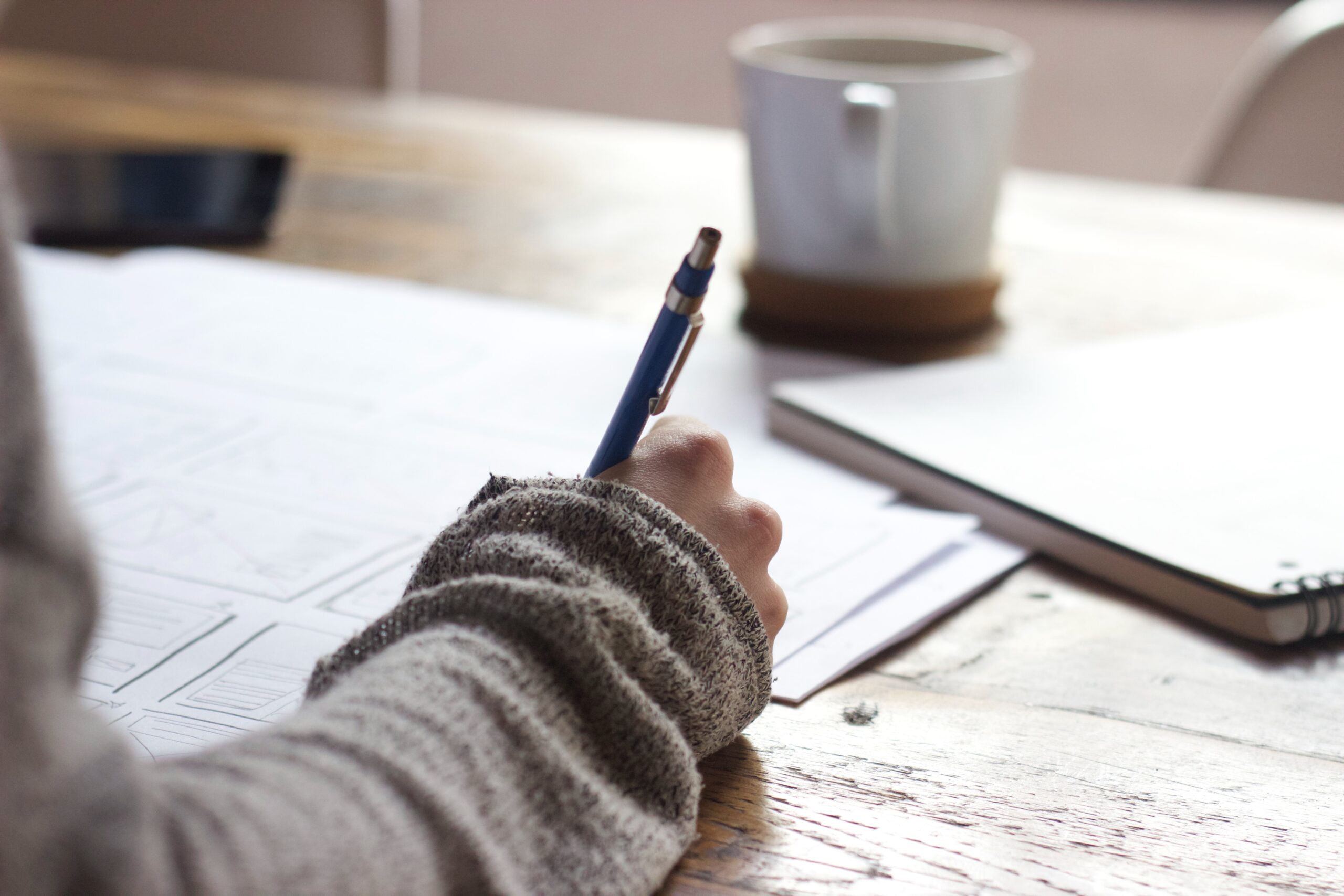To address the serious humanitarian and human rights situation caused by the October 7, 2023, attack by Palestinian gunmen in southern Israel and the Israeli military campaign that followed in Gaza, the Office increased its monitoring and reporting efforts in addition to its protective response. Sunghay, an international lawyer with 22 years of UN experience, returned from a weeklong field trip to Gaza, where he interacted with staff and human rights defenders while seeing multiple internally displaced camps.
Contents
ToggleWhat is the human rights situation in Gaza?
It’s rather gloomy. The figures are astounding. According to the Gaza Ministry of Health, over 65,000 people have been injured and almost 25,000 people have died. The numbers will probably increase because thousands more are still beneath the debris. Out of the 2.3 million people living there, 1.9 million are displaced. Gaza is not a safe place. In the north and Khan Younis in the south, the Israeli Defense Forces (IDF) are bombarding nonstop. A severe shortage of food, water, medications, tents, and other essentials is also present.
The current shelters are quite claustrophobic and unhygienic. Sewage leaks out of every nook of Rafah and Khan Younis, and an epidemic could break out as a result.
What is life like for civilians?
In Gaza, inhabitants lead wretched lives. In perpetual fear, thousands of people are constantly moving from places they have been assured are safe. People use whatever wood they can find and plastic bags to create tents. If they are lucky, they only eat one meal a day. One picture, in particular, stayed with me: I observed more than a hundred children rushing toward a single cart carrying food. Everywhere you look, children as young as four years old are lugging water in jerrycans and cutting wood to make fire. Children’s schools and universities have been destroyed, ruining their expectations for the future, and they haven’t attended school in months. Few clinics and hospitals, whether for trauma or a woman wishing to give birth, are operating because of the attacks on these facilities.
What was the reason for your visit to Gaza?
I spoke with UN and non-UN partners as part of my visit’s primary goal of revitalizing the Protection Cluster UN Human Rights coordinates. I also had meetings with NGOs and human rights advocates. I also visited IDP camps in Khan Younis and Rafah and spoke with internally displaced people (IDPs). The IDF currently encircles Khan Younis, and 500 meters from the Khan Younis Training Center, there are gunfights between IDF and Palestinian armed groups. Buildings were vibrating as a result of the bombardments. Despite the current difficulties, I believe it is critical to reassure people that human rights are crucial. Many in the area have complained that their human rights have been violated for years and that the international community has let them down. We must be able to bolster the trust that Israelis, Palestinians, and others in the region have in human rights.
What has the work of our office been since the start of this crisis?
As we have been doing for years by our mandate from the General Assembly and the Human Rights Council, we quickly turned our attention to monitoring and recording violations when the crisis began. The Protection Cluster is a second major stream.
The Legal team collaborates with teams from the Monitoring, Reporting, and Protection Clusters. Giving advice and analysis on human rights and international humanitarian law is crucial to us. Our lobbying efforts, ongoing interactions with the High Commissioner and the Assistant Secretary-General in New York, and frequent conversations with Member States are all influenced by these streams of activity. During the crisis, capacity-building efforts have paused, but they will soon resume their regular activities.
How is local staff coping and doing its work in light of the situation?
For the past three years, it has been challenging for the workers. International employees have been working from Amman for the past three years since their visas have not been renewed. International assistance is missed by the national workforce, and vice versa. Many tasks are completed from a distance. We keep working as much as we can despite the circumstances.
What is the security situation of local staff?
Our national staff have been on the move, living like internally displaced persons, huddled in filthy shelters with no access to food and water, and constantly in danger for their safety after losing their homes and families. However, the majority are rotated momentarily. There is a great deal of stress, pain, sorrow, and loss because our colleagues in the West Bank are extremely concerned that what is occurring in Gaza may spread to the West Bank.
We are the voice of human rights.
Why does our office remain open in such danger?
Despite all of the difficulties, we must keep working. This is both a man-made humanitarian catastrophe and a serious human rights dilemma. We are the human rights voice. For accountability reasons as well as other reasons, we must record what is taking place on the ground. For the international community to make a choice, we must sound the alarm and draw their attention. We are also examined for advice on the interpretation of human rights and international humanitarian law.
What are the most urgent needs in terms of humanitarian assistance that you have seen during your visit?
The list is endless and lengthy. Food is the first of many humanitarian aid items that are desperately needed. People are in dire need of medications. Clean drinking water and clean water are comparable. Another major issue is the scarcity of sanitary goods. People are concerned about the risks of an outbreak of an epidemic. I have encountered people who have gone weeks or even months without taking a shower or bath.
Another major problem is shelter. Winter has arrived. When many fled with just one set of clothes in October, this battle began. Now that the rainy season is upon us, they lack warm clothing. Up in the north, where access has become quite challenging, there is a huge humanitarian need. Approximately 300,000 people suffer from acute food, water, and other shortages.
What is your appeal to all sides of the conflict?
We want an immediate ceasefire, as the High Commissioner has stated time and time again. The pain must end immediately. The release and humane treatment of captives have also been demanded by the High Commissioner. We have been quite explicit in our condemnation of the October 7, 2023, attacks by Palestinian armed organizations. As soon as possible, we must take action to put an end to the occupation and the conflict and guarantee a political resolution to its root causes that upholds and protects the rights of both Israelis and Palestinians.
Attacks against human rights defenders and obliteration of civic space in Gaza unacceptable, says UN expert
GENEVA The UN Special Rapporteur on the situation of human rights defenders, Mary Lawlor, stated today that ten months into Israel’s war on Gaza, which began with the horrific Hamas attacks on October 7, Israeli Defense Forces are still purposefully starving and killing civilians while human rights defenders face significant obstacles in carrying out their nonviolent work.
“The International Court of Justice (ICJ) has issued interim measures to prevent acts of genocide in Gaza and the illegal occupation of Gaza, but this terrible situation persists,” Lawlor stated.
The Israeli Defense Forces have carried out airstrikes and ground assaults against the Palestinian Human Rights Centre (PCHR), Gaza’s oldest human rights organization, in recent months, killing staff members and seriously damaging its offices.
The Special Rapporteur stated that there is no more room for civil society actors and human rights activists to continue recording the long list of human rights abuses that Israel is committing against the Gaza Strip’s citizens.
In February 2024, two female attorneys from the PCHR were murdered. On February 20, 2024, Nour Abu al-Nour, her parents, four siblings, and her 2-year-old daughter were all killed in an airstrike on her Rafah home. A house in Deir el-Balah, 14 km south of Gaza City, where Dana Yaghi and 37 family members had fled for protection, was destroyed by an Israeli airstrike two days later.
The fact that justice for these two female human rights advocates, their families, and their kids feels so far off is tragic. Through their work, human rights advocates maintain hope for justice, but they are also becoming victims. She claimed that this explains why Israeli officials appear so determined to target and silence them.
In addition to some international funding being blocked, workers have been forced to relocate and rent office space and logistical support at exorbitant costs after air raids and ground attacks seriously damaged the PCHR headquarters in Gaza City and branch offices in Jabalya, Khan Younis, and Rafah. Additionally, the Israeli organization NGO Monitor has launched a vicious online smear campaign against them, falsely accusing PCHR of having ties to terrorists.
“Despite this online defamation, which aims to intimidate and stifle their international support, human rights defenders have assured me that they will carry on with their work,” Lawlor added.
“This organization still witnesses, records, and documents egregious war crimes and human rights abuses. They have been interviewed by numerous Palestinians under the condition of anonymity. They are so afraid of the consequences for Israel if they are made public.
According to recent media reports, Israel has been monitoring Palestinian human rights organizations, such as PCHR and Al-Haq and Addameer in the Occupied West Bank, for the majority of the last ten years to gather information about Israeli human rights abuses that they would then submit to the International Criminal Court.
“I reiterate my demand that human rights advocates be safeguarded and acknowledged as crucial during violent conflicts. They ensure the potential of responsibility and justice by documenting and preserving evidence of violations of international humanitarian and human rights law in their capacity as impartial observers, attorneys, and researchers, according to Lawlor.
According to her, international law should swiftly and impartially look into unlawful deaths, safeguard human rights defenders’ physical integrity from assaults and harassment, and take steps to shield them from grave future crimes. These issues have already been brought up by the experts with Israeli and occupied Palestinian authority.









